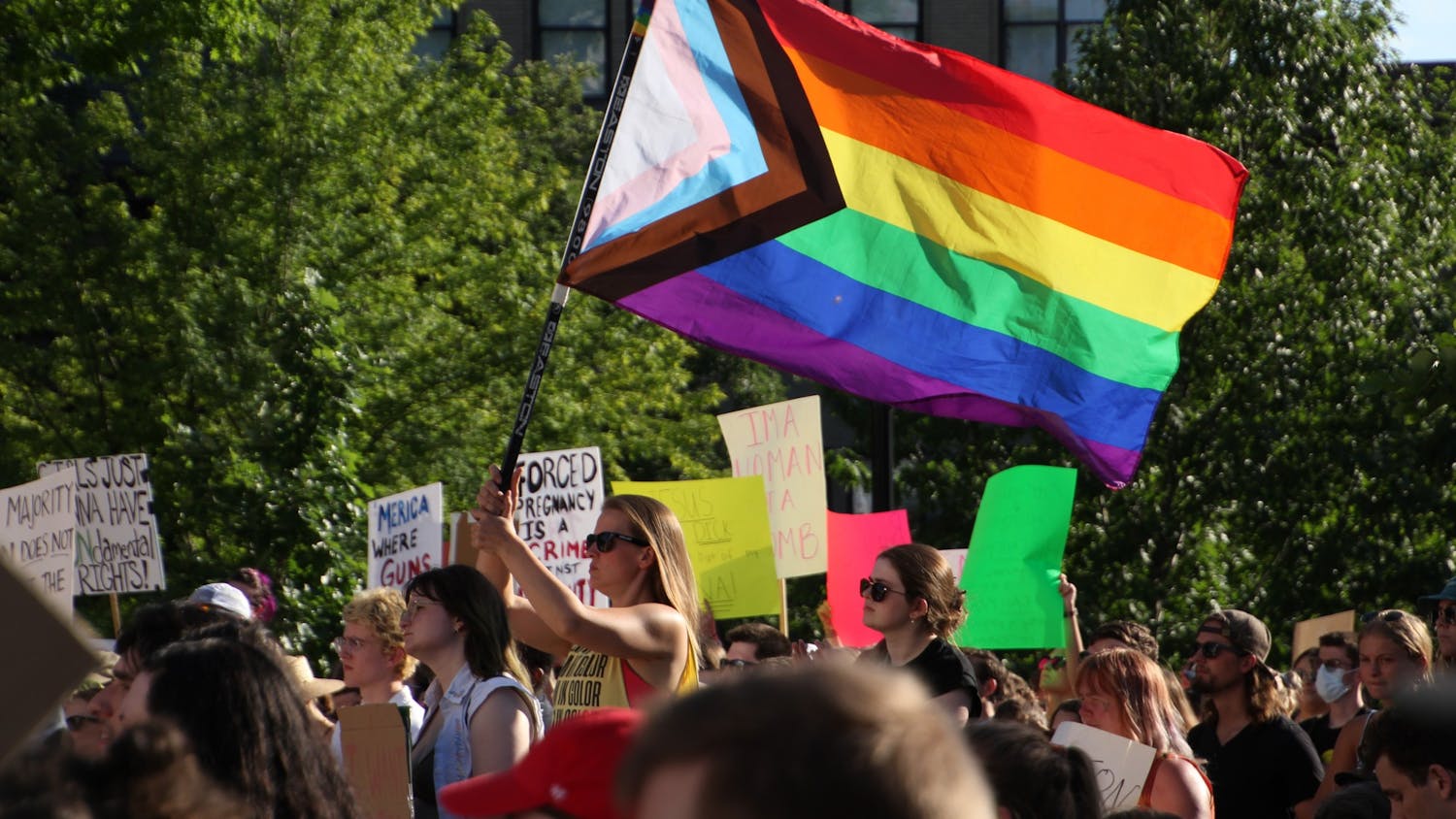Nearly 13,000 Afgan evacuees staying in Wisconsin have faced various obstacles in their path towards resettlement. From issues of misinformation to difficulty finding housing, thousands around the country are unsure as to how long it will take to find lives outside of government housing.
Beginning in late August, Afghan evacuees began arriving at Fort McCoy, an active army base in Monroe County, 105 miles northwest of Madison. It is one of eight U.S. military installations President Joe Biden set up to temporarily house incoming evacuees.
Wisconsin is also set to take in up to 399 additional refugees from other bases to be resettled.
McCoy itself has become something of a small city with its men, women and children currently making up the largest evacuee population in the country. Outnumbering the neighboring town of Sparta, Wis. by several thousand, misinformation has affected public opinion surrounding the sudden surge of neighbors.
"There have been some horrific, just completely false rumors going around, generated on social media," said Brian Young, a pastor from Sparta.
Despite a dubious view of the fort residents, however, there has also been an outpouring of clothing donations and volunteers. Charities like the Catholic Charities of Green Bay have provided services like language interpretation for the small number of Afghans that have already resettled in the area.
Handfuls of Afghans are expected to settle throughout Wisconsin in the upcoming weeks. Milwaukee, Green Bay, Appleton, Oshkosh, Wausau and Madison are the most likely recipients due to their previously-established refugee programs.
Before being resettled, some evacuees still at Fort McCoy face a long bureaucratic process. President Biden has not established a set timeline for the departure of any refugees. While his administration has declared the plan of admitting 95,000 by Sept. 2022, the process has been slowed.
The immigration status of those staying at McCoy varies from green card holders to family members of American citizens; many do not hold an official refugee status but instead entered on humanitarian parole status due to their quick exodus from Afghanistan. This parolee status allows them limited access to government funding compared to that of a refugee.
Before gaining access to benefits like resettlement assistance, they must apply for asylum status — a process along with that of others with differing statuses that can take up to years with a system already backlogged by low admissions during the Trump administration.
Refugee resettlement agencies searching for housing for eligible evacuees once they are able to leave Fort McCoy are facing similar backlogging problems, in addition to the current housing shortage and increasing cost of rent. Living with family or in established Afghan communities is the first choice of many, but evacuees may have to settle elsewhere.
Procedures were also slowed mid-September after a measles outbreak. With 24 detected cases, all evacuation efforts were paused for three weeks while a vaccination campaign took place. Focusing on vaccinating against mumps, measles, rubella and polio, the delay has since been slowed by the vaccination of 49,000 refugees staying in American bases and transit points in Europe and the Middle East.
“The success of this vaccination campaign demonstrates our commitment to the health and well-being of arriving Afghan evacuees, the personnel assisting this mission, and the American people,” said Dr. Pritesh Gandhi, the DHS chief medical officer.
This lack of set timeline for their departure seems to have contributed to many leaving. A report by Reuters says that over 700 have left Fort McCoy before being officially resettled. While there is no law holding them there, those who leave are placed in a political limbo where they forfeit any government aid.
There have been some successful resettlements. Momtazudin Furmoli, an evacuee who stayed at Fort McCoy and is now being resettled in Utica, New York, seems optimistic after six weeks of staying at the fort.
"Right now, they are happy," said Furmoli on his family’s last night at Fort McCoy. His children readily wait for their departure. "Even my kids are asking me, 'When will we go? When will we go?'"






